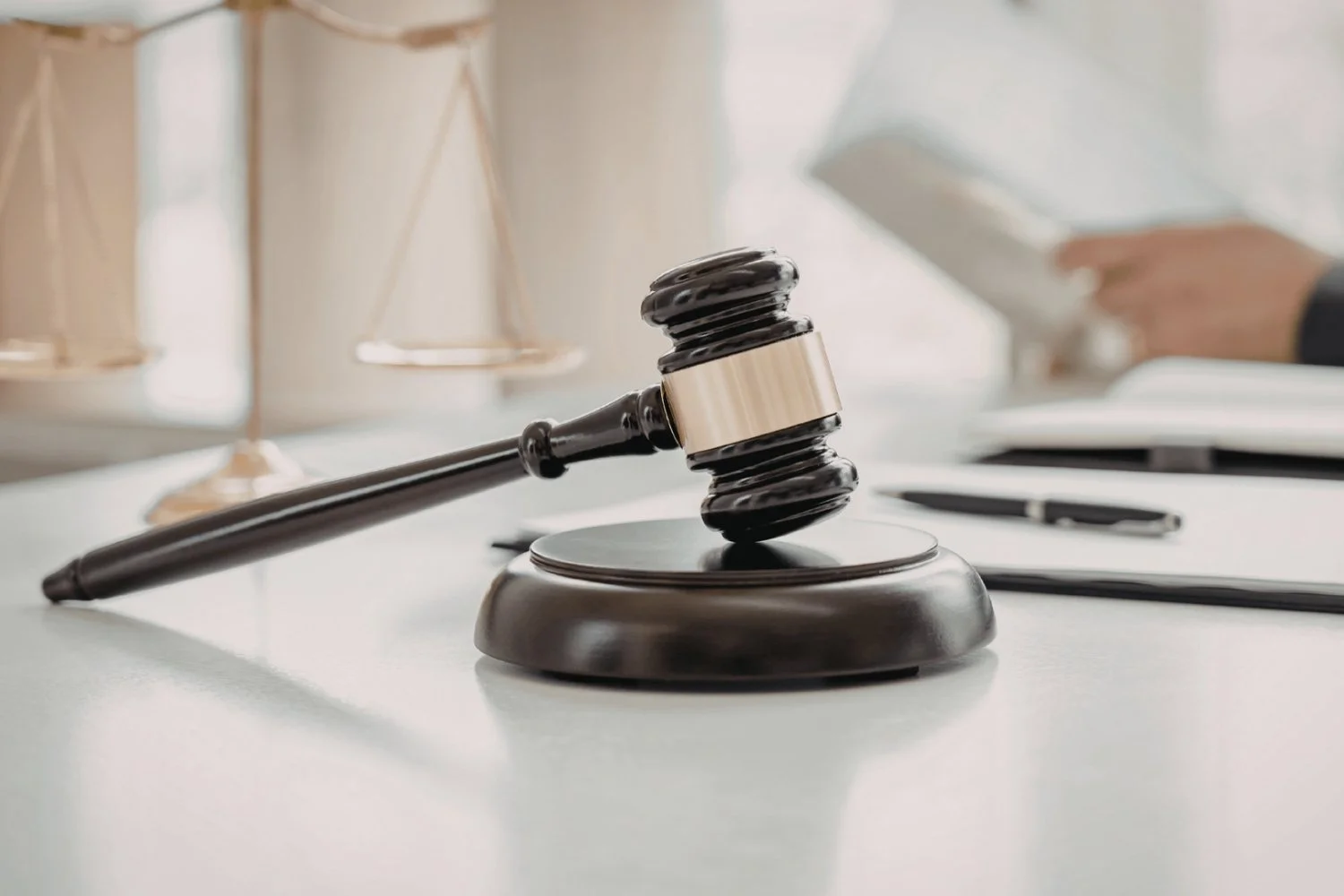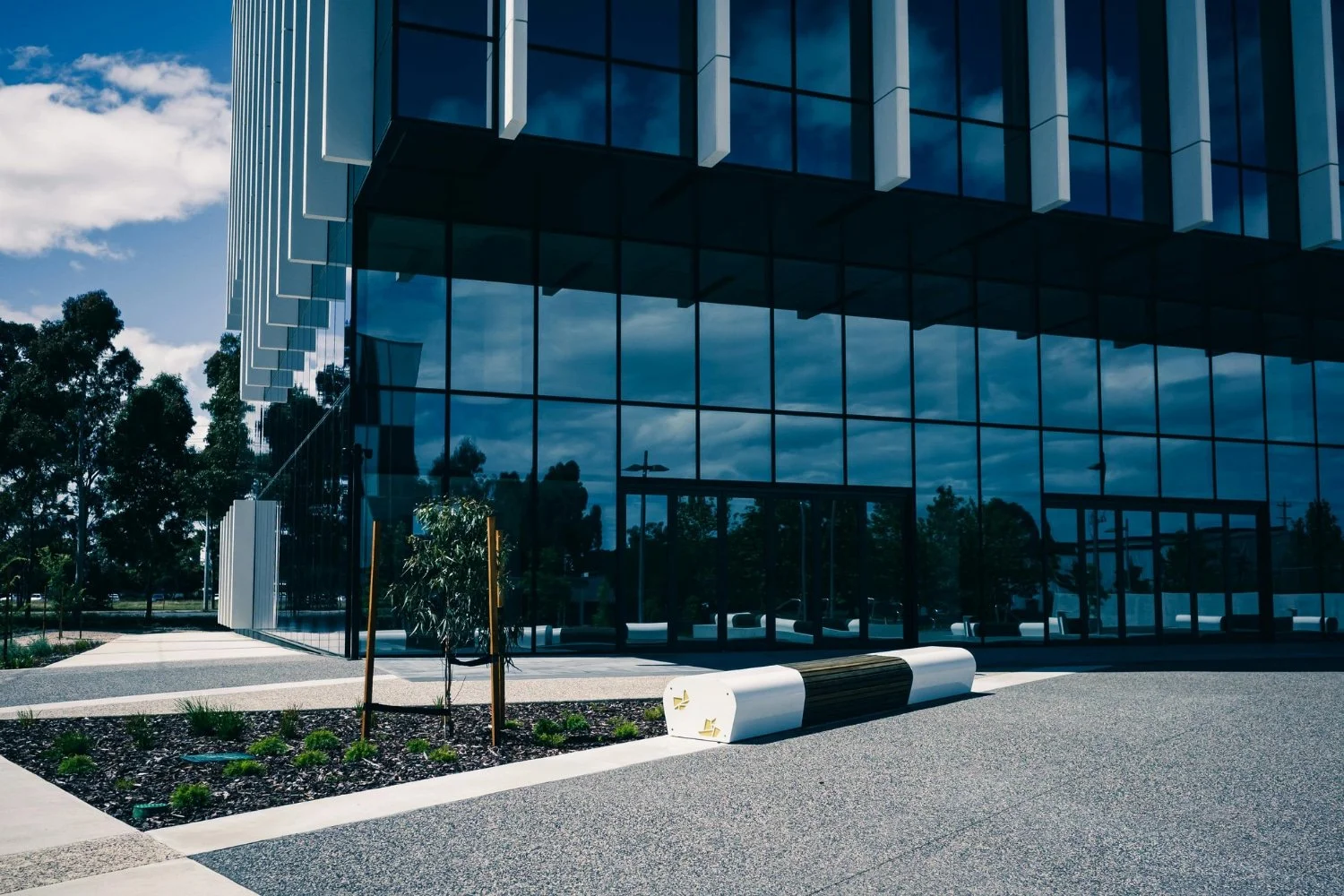A Practical Guide to Commercial Lease Agreements in Queensland
Signing a commercial lease isn’t just a financial decision, it’s also a major commitment to where and how your business will operate for years to come. The location, size, and terms of your lease shape everything from your day-to-day cash flow to your ability to adapt and grow. Whether you’re a landlord leasing out your property or a tenant looking for the right premises, the agreement you sign can influence your flexibility, profitability, and long-term success.
Unfortunately, it’s not uncommon for businesses to enter leases without fully understanding the fine print, only to face costly surprises later. At Bradley and Bray, we "get" business. Having served the community with expert legal services for over 50 years, we understand the challenges you face and how the right advice can protect your future. Our guide walks you through the essentials of commercial leases in Queensland, the risks to watch for, and why getting advice upfront is always a smart move.
What is a commercial lease?
A commercial lease is a legally binding agreement between a landlord and a tenant that sets out the terms under which a tenant can occupy premises for business purposes. In Queensland, leases can cover offices, warehouses, industrial spaces, and retail shops.
If the premises are used for retail (for example, shops in a shopping centre or strip), the lease will usually fall under the Retail Shop Leases Act 1994 (Qld), which gives tenants extra protections and requires landlords to provide detailed disclosure statements before the lease is signed.
Important things every lease should cover
While no two leases are identical, most will deal with the following items.
Financial terms
Rent and rent reviews
A lease should clearly state the starting rent, when payments are due, and how rent will be reviewed over time. In Queensland, rent reviews are commonly based on CPI increases, fixed annual percentages, or market rent review at certain intervals. It’s important to understand how these reviews work, as they can significantly affect your long-term occupancy costs.
Outgoings
Outgoings are the landlord’s property operating expenses that can be passed on to the tenant, such as local council rates, water, insurance, cleaning, and maintenance. Some leases include all outgoings, while others only pass on specific items. Clarify exactly what you’ll be responsible for so you can budget accurately.
Security deposits and guarantees
Most landlords will require either a bank guarantee or a cash bond as security for the lease. Personal guarantees are also common, particularly for small businesses. Tenants should understand what they may be personally liable for if their business cannot meet its obligations, and landlords should ensure the security is sufficient to cover risks.
Lease structure
Lease term and options
The lease will set out the length of the initial term and whether you have the right to renew (known as an option period). Renewal rights give tenants more security and allow for long-term business planning. Without an option, you may need to renegotiate from scratch at the end of the term.
Registration of leases
In Queensland, if the lease term (including options) is longer than three years, it should be registered on the title at the Titles Office. Registration protects the tenant’s interest in the property and ensures the lease is enforceable against future purchasers of the property.
Use of the leased premises
Fit-out and alterations
If you need to customise the premises for your business during the lease period, the lease should specify who pays for the fit-out, whether landlord consent is required, and what happens to those improvements at the end of the lease. Often, tenants must remove their fit-out or leave it behind without compensation.
Make-good obligations
“Make-good” refers to your obligation to return the premises to a certain condition at the end of the lease. This could mean repainting, removing fit-out, or restoring the space to its original state. These obligations can be costly, so it’s essential to know exactly what will be expected of you when the lease ends.
Assignment and subleasing
Circumstances change, and you may want to sell your business or downsize. Leases may restrict assignment (transferring the lease to someone else) or subletting (renting out part of the premises). Make sure you understand the landlord’s consent requirements and any conditions attached.
Risk and responsibilities
Insurance requirements
Leases often require tenants to take out certain types of insurance, such as public liability, plate glass, and workers’ compensation. The lease should also set out what insurance the landlord is responsible for, for example building insurance. Insurance can be a significant ongoing cost, so it is important to know your obligations upfront.
Maintenance and repairs
Clarity around who is responsible for maintenance is essential. Tenants are usually responsible for day-to-day upkeep, while landlords handle structural repairs. However, some leases shift extra responsibilities onto tenants. Understanding these obligations early can prevent disputes.
Default provisions
The lease will outline what happens if either party breaches its obligations. If a tenant defaults, the provision usually covers failure to pay rent or comply with terms, and it may allow the landlord to terminate the lease or recover costs. For landlords, it might include failure to maintain the premises. Knowing your rights and risks on default is crucial.
Legal and compliance matters
Dispute resolution
Commercial leases often include clauses about how disputes should be resolved, whether through negotiation, mediation, or referral to the Queensland Civil and Administrative Tribunal (QCAT). Knowing the process in advance can help save time and legal costs if disagreements occur.
Retail Shop Leases Act considerations
If the lease falls under the Retail Shop Leases Act 1994 (Qld), both landlords and tenants must follow strict disclosure obligations. Tenants must be given the landlord’s disclosure statement and a copy of the proposed lease at least seven days before entering into the lease. Landlords who fail to comply may face penalties, and tenants may have rights to terminate the agreement.
Common pitfalls of commercial leases
Hidden costs in outgoings
Tenants are sometimes surprised at the extra costs that come on top of rent. Unless the lease is clear, you could be paying for things you didn’t expect.Rent review traps
Annual increases can add up quickly, especially with CPI (consumer price index) or “ratchet” clauses that prevent rent from ever going down, even if the market drops.Unclear make-good clauses
Many tenants don’t budget for the cost of restoring the premises at the end of the lease. This can run into tens of thousands of dollars.Retail lease disclosure issues
For retail leases, landlords must provide disclosure statements. If these are incomplete or incorrect, disputes can arise that delay your business plans.Not planning for flexibility
Businesses change. If your lease doesn’t allow assignment, subletting, or an option to renew, you may be stuck in a space that no longer works for you.
Practical tips before you sign any lease documentation
Read the disclosure statement carefully (if it’s a retail lease) and compare it with the draft lease.
Check the total occupancy cost, not just rent. Add in outgoings, fit-out costs, and any make-good requirements.
Negotiate terms upfront. Rent reviews, renewal options, and make-good clauses can often be negotiated before the lease is signed, not after.
Think about your exit strategy. What happens if you sell your business or need to move?
Get legal advice. A commercial premises lease is a long-term commitment. Spending a little on advice now can save significant headaches and costs later.
Be cautious of your actions before signing: If you're considering a retail lease and you pay rent or take possession of the premises before signing, you can be deemed to have entered into the lease agreement.
We're here to help
Leasing business premises in Queensland isn’t something to take lightly. The right lease can give your business stability and room to grow. The wrong lease can tie you to unexpected costs and limit your flexibility.
If you’re a tenant or a landlord about to enter into a commercial lease, we strongly recommend having the document prepared or reviewed by a lawyer who understands both property law and the practical realities of running a business. It’s one of the smartest investments you can make. Feel free to get in contact with us if you're looking for advice.
Disclaimer: This article is general in nature and does not constitute legal advice. If you require legal advice in relation to your personal circumstances, you must formally engage our firm or another firm to provide legal advice in relation to your matter. Bradley & Bray lawyers take no responsibility for any use of the information provided in this article.





